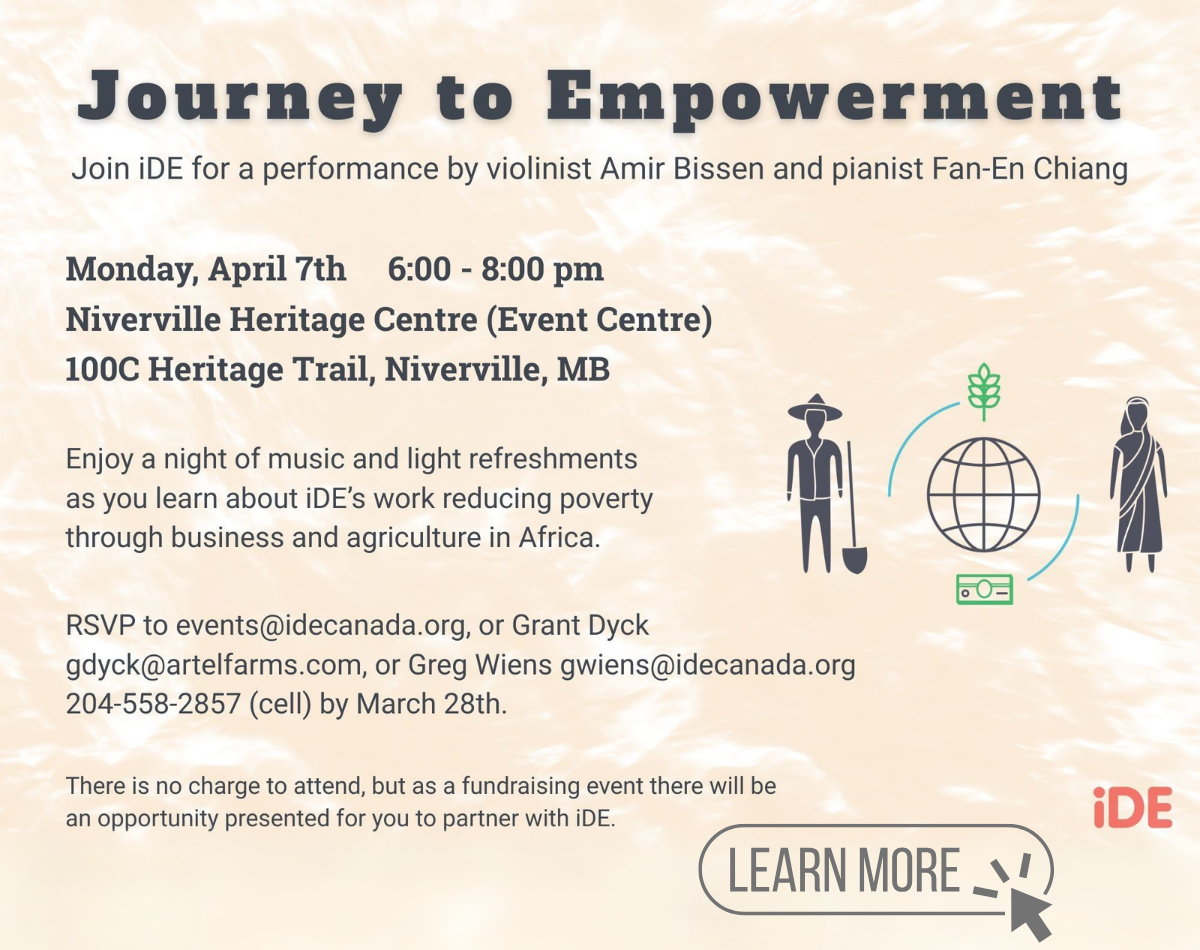
On March 12, 2023, people all over the world watched as the film Women Talking won the Academy Award for best screenplay. Based on a book written by Steinbach’s own Miriam Toews, Women Talking retells the true story of a Mennonite colony in Bolivia where a series of assaults occurred against women. The women have a choice: forgive the offenders and remain in their community, or depart their homes and lose everything.
For many people in the film industry, not to mention those watching the awards show at home, this film may have been their first exposure to Mennonite culture—and certainly not one which puts its best foot forward.
Local response to Toews’s work has been mixed, and not for the first time. Her previous award-winning book, A Complicated Kindness, provided another glimpse into the Steinbach region, detailing many aspects of Mennonite culture which have traditionally been considered private.
One of those cultural features which drew the most attention and controversy was the practice of shunning, which is a method of removing someone from a community by engaging in extreme ostracization. When an individual is being shunned by a church or community, their family may be expected to kick them out of the house. They may be ignored by family and friends. People may refuse to speak to them, do business with them, or even provide them with food or shelter. It creates a stark break between the person being shunned and their community.
However, shunning is not a uniquely Mennonite activity. It isn’t even specifically religious activity, although some religions do have it coded into their list of rules and behaviour.
Many branches of Christianity practice shunning via the act of excommunication, publicly announcing that an individual is being removed from the church community. Jehovah’s Witnesses have a similar practice (disfellowshipping), as does Orthodox Judaism (charem).
Lest we think of this activity as unique to religious communities, the evidence shows that shunning can occur everywhere—in the workplace, within families, and even within political parties.
The reasons for a shunning are complex. Many people from the LGBTQ+ community have been shunned by their religious communities. Some can be shunned by family and friends for experiencing mental illness or poverty, or even for being diagnosed a with disease or other physical ailment. An employee may be shunned by their coworkers if they inform Human Resources of the harassment they have experienced in the workplace.
There is such a diverse array of reasons for shunning that it may be difficult to find any similarity between them.
To best understand why we shun others, though, we can look to our primate cousins and the field of evolutionary psychology.
Shunning isn’t just a human practice. Other social animals—in other words, animals that live and thrive in social groups—have complex hierarchies, expectations, and rules for behaviour. The famous primatologist and conservationist Dr. Jane Goodall found that chimpanzees would ostracize or reject members of their communities who had behaved in ways not beneficial to the group, or even when they had suffered a severe illness.
I’ve written before in this space about how social animals create ingroups and outgroups, and how protecting the stability of the ingroup is a powerful motivator for all of its members.
The underlying purpose of shunning and social rejection, both for us and for our primate cousins, is to protect the health and safety of the group in two ways: first, to attempt to correct the behaviour of the offending group member, and second, to attempt to prevent a negative physical or social influence from affecting the group.
Now that we know why humans engage in shunning and ostracizing others from their groups, some might be tempted to ask, “So what? Why should it matter? After all, it could be worse. Surely shunning isn’t as bad as actual physical violence.”
In 2003, psychologists from America and Australia collaborated in a broad study examining the brains of individuals who were being shunned from a group activity. Using a functional magnetic resonance imaging (fMRI) scan, they determined that when people are excluded or ostracized from a group, they experience pain.
And not just emotional pain. In fact, the same areas of the brain that alert us to physical pain become active during times of loss or ostracization. Our brains experience these pains equally.
This and other research tells us that, on a psychological and neurological level, social violence and physical violence are very similar. It’s no wonder that shunning has been linked to the development of long-term, complex post-traumatic stress disorder. Individuals who have been ostracized from their communities report feeling shame and worthlessness and having trouble trusting others. These feelings can result in anxiety, depression, other mental illnesses, or even physical ailments such as ulcers or issues with the immune system.
The practice of shunning has fallen out of favour in recent years, though it is still practiced not only in more traditional cultures but in some modern religious groups. These groups may still excommunicate their members when they go against the accepted taboos, such as coming out as gay or leaving an abusive spouse.
Thankfully, many things have changed in our culture that make it easier for the shunned to find community elsewhere and move on from their rejection.
If you have been shunned, rejected, or ostracized by your community or family, there are steps you can take to recover.
Humans need each other, especially after losing community. Thanks to the advent of the internet, finding community with like-minded people who share your experiences has never been easier.
For those who have been shunned from a religious community and left it behind, countless support groups specific to religious groups exist. They are only a Google search away.
For people who have experienced rejection from family, or in the workplace, navigating those waters may be more complex. In these cases, a myriad of therapists both religious and secular are available to help work through the issues that arise.
Most importantly, though, are the people with whom you live in proximity—like, for example, here in Niverville and the surrounding area. While Niverville, like many towns, is a growing community, it retains its small-town roots and maintains many places and practices its citizens can share—the community centre, coffee shops, clubs, even the community Facebook group.
If you are leaving behind a community, a family, or a religious group that has ostracized, you try reaching out to your neighbours, community members, and local artists. You might find that you are right where you belong.




















